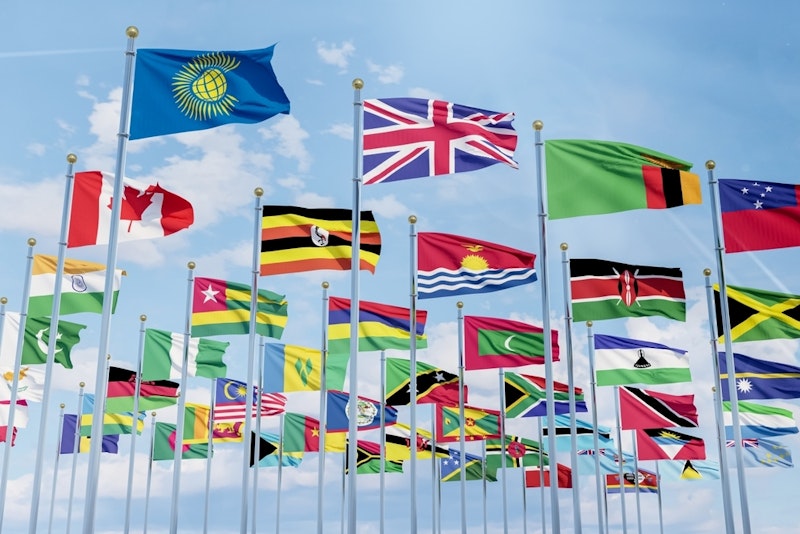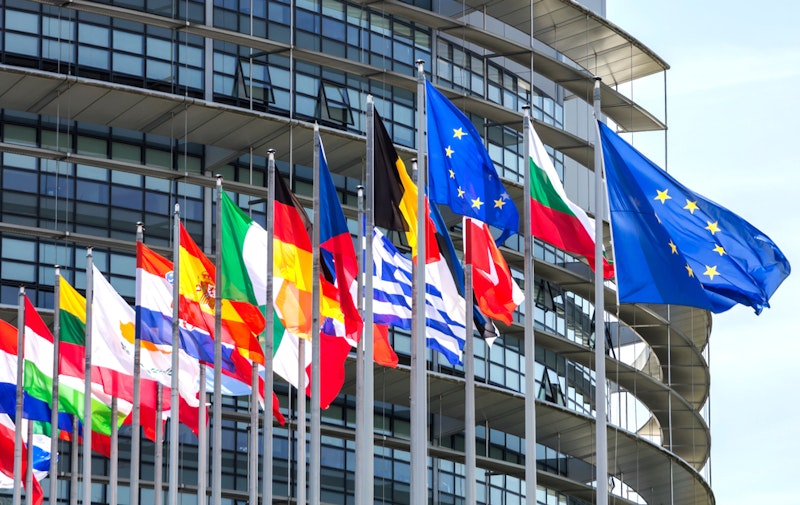Study Notes
GCSE Geography | The UK in the Wider World (UK Economic Futures 9)
- Level:
- GCSE
- Board:
- AQA, Edexcel, OCR, Eduqas
Last updated 6 Jan 2025
The UK is part of a globalised interdependent world, linked in many ways through trade, culture, transport and electronic communications. These links are dynamic - they have changed over time and will continue to change in the future.
In the past Britain controlled over 20% of the world's surface through the British Empire, which was the largest empire the world has seen, controlling 56 countries in Africa, Asia and the Americas. Although the UK is less important globally than it once was it is still an important member of international organisations, including the UN Security Council, NATO (North Atlantic Treaty Organization) and the G8 (Group of 8 - leaders from Canada, France, Germany, Italy, Japan, Russia, the UK and the United States).
Current links
Trade
Trade is the exchange of goods and services using the internet, roads, rail and air transport. In 2024 the UK's 5 main trading partners were the USA, China, the Netherlands, Germany, and France, for both exports and imports. The UK used to be part of the EU so was able to trade without tariffs.
Culture
Culture is the way of life of a society, including music, fashion, writing, painting and more. Films and TV programmes play an important role in spreading cultures around the world. English is widely spoken across the globe which has enabled UK culture to spread around the world easily. Migration means that the UK is a multicultural society, and this is evident in the food that we eat, the music that we listen to, and festivals such as the Notting Hill Carnival in London that celebrates Caribbean culture.
Transport
Whilst the UK is somewhat isolated as an island, it is still linked to the wider world through ports and airports - London's Heathrow airport is one of the world's busiest and takes people all over the world, whereas the Port of Dover and the Channel Tunnel transport people to mainland Europe.
Electronic communication
The UK is connected to the wider world through internet connections, most of which use submarine high power cables, and enable fast reliable connections which are essential to the global economy. This instant communication is vital for UK businesses that operate around the world.

The UK’s economic and political links have changed over time...
The Commonwealth - exploration and empire
In 1580 Sir Francis Drake completed his circumnavigation of the world, one of many British explorers who set out on ships to discover the world in this era. Once links had been made with a place, trade could begin. Between 1763 and 1783 Britain had a large empire, including colonies in America and the West Indies, but this ended with the American Revolution. Between 1783 and 1924 the second British Empire was mainly made up of India and African colonies.
Ships began to transport convicts from England to Australia in 1788.
The Irish Act of Union united Britain and Ireland in 1801.
In 1914 Britain declared war on Germany in response to the invasion of Belgium. After 1924 Britain began to let go of the Empire as it was too expensive, difficult to protect and many areas didn’t want to be ruled by Britain.
In 1926 the Balfour Declaration created the British Commonwealth of Nations, with Canada, Australia, New Zealand and South Africa as members.
The Commonwealth is made up of 56 countries that were once part of the British Empire - many of these are small island nations and membership is completely voluntary, and every 4 years the countries compete in the Commonwealth Games, which are also known as the 'Friendly Games'.
The Commonwealth Secretariat was set up in 1965, providing support on many different issues, including human rights and youth empowerment, and aims to promote sustainable social and economic development.
King Charles III is the Head of State for 14 of the Commonwealth nations, however, some nations such as Australia and New Zealand are starting to kick back against what they see as an outdated institution with some people protesting against the British monarchy.

The European Union
In 1939 Britain entered into World War II, then at the end of the war in 1945 Britain became a founding member of the United Nations. The idea that countries could cooperate together to strengthen their economies led to the establishment of the European Economic Community (EEC), with its headquarters in Brussels, Belgium.
The UK became a member of the EEC in 1973, becoming part of a free trade community - a trade bloc where members could import and export goods without tariffs or limits. The EEC became the European Union (EU) in 1993. In the same year the UK Independence Party (UKIP) was formed who campaigned to leave the EU, claiming that Brussels was making too many decisions that had a negative impact on the UK, such as freedom of movement for EU members between membership states.
The UK government held a Brexit referendum to let the UK voters decide whether they wanted to leave or remain in the EU in 2016. The result of the poll was ‘leave’ by a narrow margin, and the UK formally left the EU on 31st January 2020.

You might also like

Economist interactive guide to megacities
7th February 2015
Daily Email Updates
Subscribe to our daily digest and get the day’s content delivered fresh to your inbox every morning at 7am.
Signup for emails